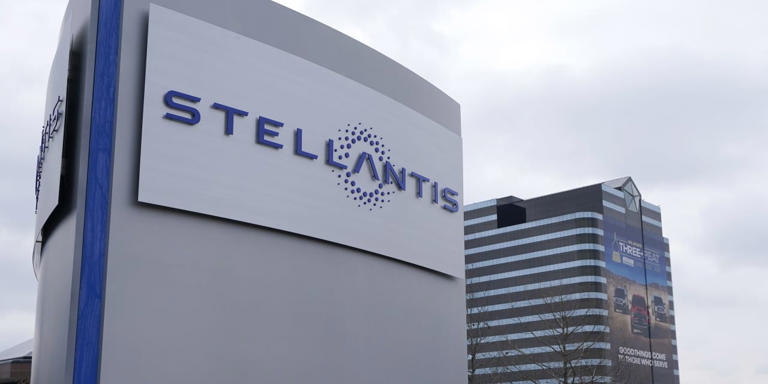Stellantis, the global automotive giant known for brands such as Jeep and Ram, has recently announced a significant restructuring initiative that involves offering buyout packages to a large segment of its U.S. white-collar workforce. This move, reported on Tuesday, comes just days after CEO Carlos Tavares described the current state of the auto industry as facing a “significant storm.”
The buyout packages, set to be offered in mid-August, will be targeted at certain job functions within the company. Stellantis has not yet specified which positions will be included in this initiative or the total number of employees affected. The company currently employs about 11,000 salaried workers in the U.S., but it remains unclear if similar offers will be extended to employees in other regions.
In a statement regarding the buyouts, Stellantis explained that it is facing considerable inflationary pressures while simultaneously striving to keep its vehicles affordable for customers. The company has underscored its commitment to cutting costs as a necessary measure to ensure its long-term sustainability and competitive edge in the market. To this end, eligible employees will be provided with severance pay based on their years of service, lump sum payments to assist with healthcare costs, and job placement services to aid in their transition.
The decision to offer buyouts follows a difficult first half of the year for Stellantis, which reported a dramatic 48% drop in net profits compared to the same period last year. This financial decline is part of a broader set of challenges faced by the automotive industry, including the need to balance consumer demand for affordable vehicles with the substantial capital investment required to develop new electric and gas-powered models.
CEO Carlos Tavares has highlighted several key issues contributing to the company’s current predicament. One significant challenge has been managing inventory levels in North America, which had become excessively high. Attempts to rectify this issue in the first half of the year have not yielded the desired results. Additionally, Tavares noted that high vehicle sticker prices have been a deterrent to potential customers, even though discounts are offered. This pricing issue has further complicated the company’s efforts to attract buyers.
In March, Stellantis announced plans to lay off 400 white-collar workers in the U.S. as part of its strategy to transition from traditional combustion engines to electric vehicles. This move was part of a broader effort to streamline operations and adjust to the evolving automotive landscape.
Earlier in November 2023, Stellantis, which was formed through the 2021 merger of PSA Peugeot and Fiat Chrysler, had already initiated buyout and early retirement offers to 6,400 nonunion salaried employees. The company has not disclosed how many employees accepted these offers.
As Stellantis navigates these challenges, the buyout initiative is part of a comprehensive strategy to improve efficiency and competitiveness. The company’s focus on reducing operational costs is aimed at ensuring its long-term viability and growth in a rapidly changing industry. The broader automotive sector is currently undergoing significant transformation, driven by shifts in consumer preferences, regulatory changes, and technological advancements, particularly in the realm of electric vehicles.
Overall, Stellantis’ decision to offer buyouts reflects the company’s proactive approach to managing its workforce and adapting to the demands of the modern automotive market. By addressing cost pressures and focusing on operational efficiency, Stellantis aims to position itself more favorably for future success amidst ongoing industry upheavals.
